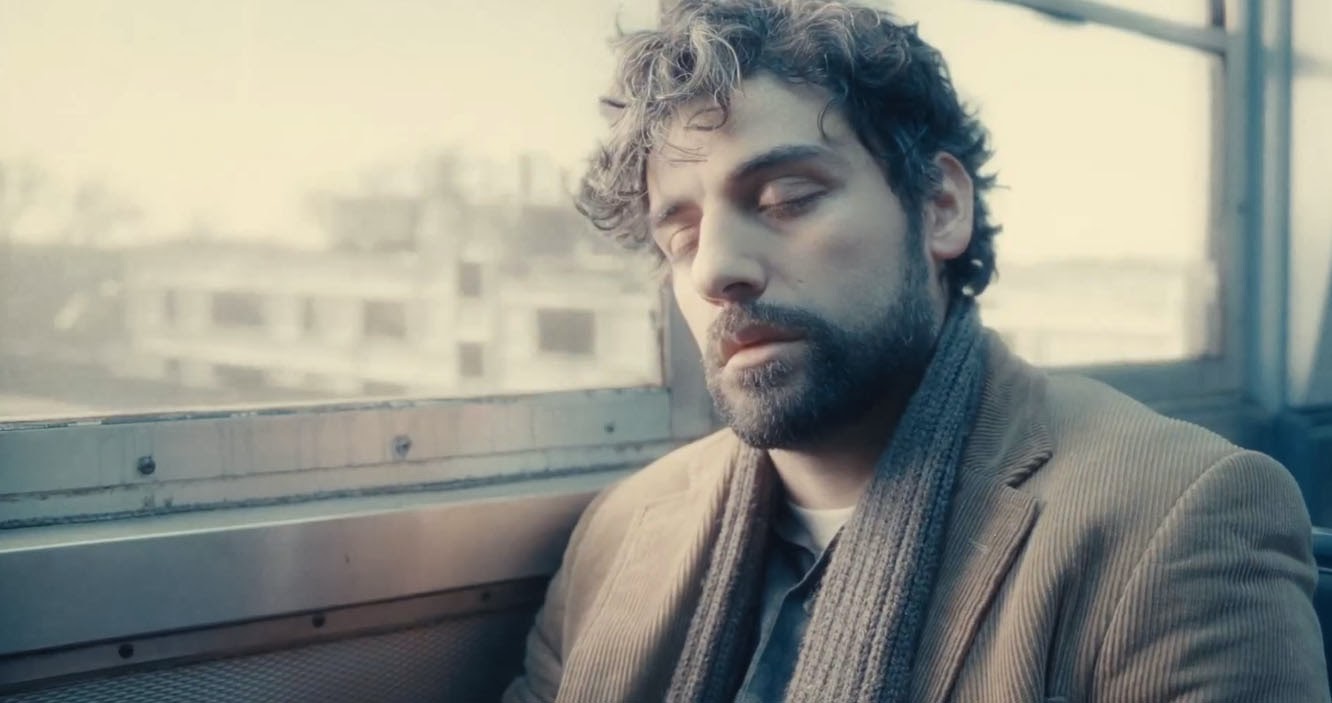
Existentialism and cinema have always gone hand in hand. How do we create soul-searching cinematic films and aspire to true art while our lives can be viewed the same way? As humans, we simply have to find a purpose for meaning and to live our lives regardless of the absurdity, free will, and explanation behind the daily encounters in life or in our heads.
Sure, philosophies from Marcel to Schopenhauer to Heidegger to Kierkegaard can be explored, but the main question is from Sarte – of what it means to be a human being existing in the world. What are the reasons behind it?
In terms of existentialism, he stated, “Man must create his own essence: it is in throwing himself into the world, suffering there, struggling there, that he gradually defines himself. And the definition always remains open ended.” In tears of film, Stanley Kubrick expressed it best in terms of technical or soul searching when he said, “However vast the darkness, we must supply our own light,” possibly linking to Sarte.
The cinematic art form has explored this question and most recently in this past decade, particular films focus on this theme in their works. Therefore, here are 10 great existentialist films of the 2010s.
10. Somewhere (2010) – The vastness of celebrity
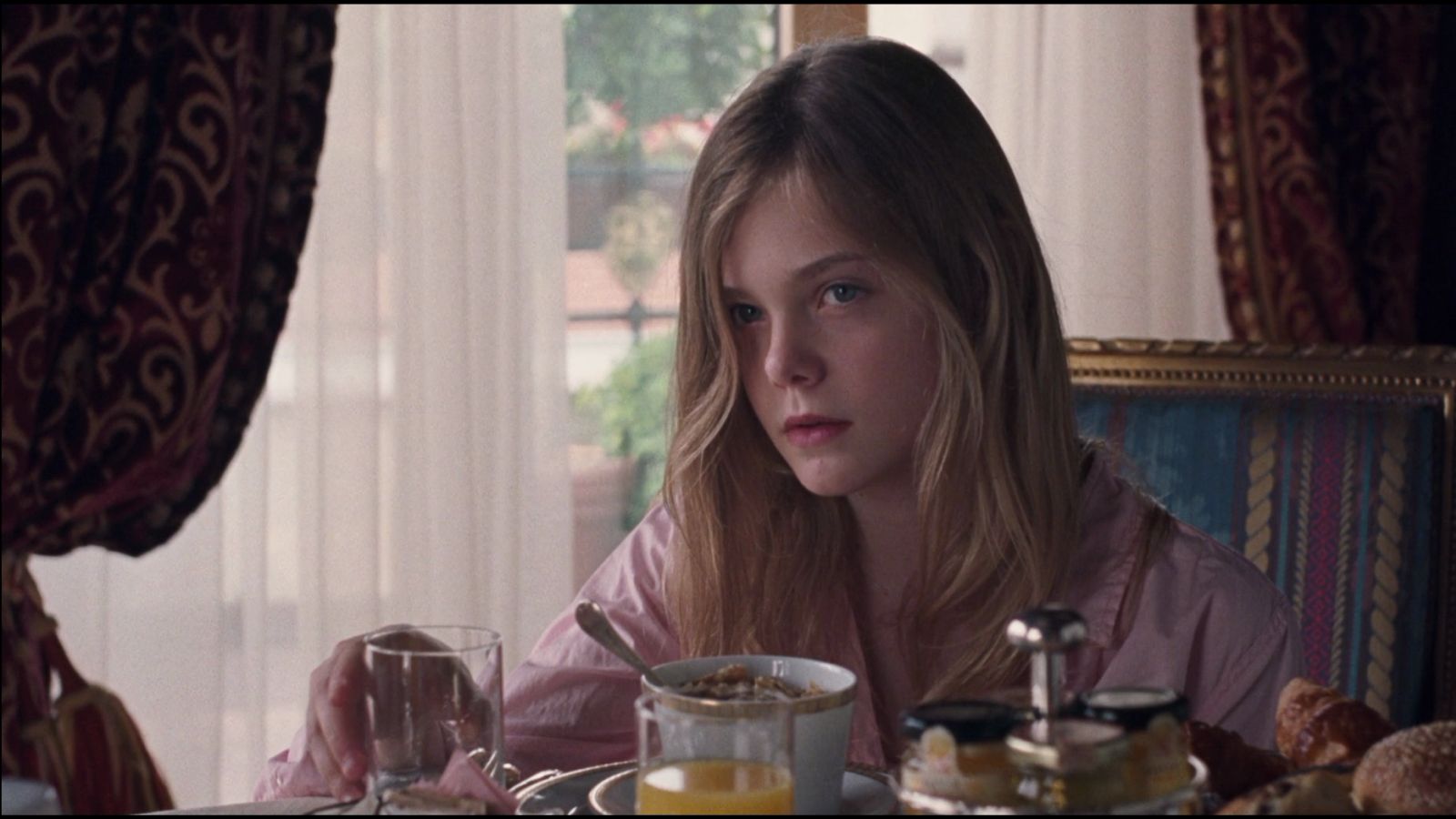
Sofia Coppola is no stranger in exploring how people find a sense of purpose, and their search for meaning against the backdrop of a world. Here, she explores the relationship between a successful movie star played by Stephen Dorff who has to care for his 11-year-old daughter, Cleo, played by Elle Fanning, in Hollywood.
As the film’s controlled visual aesthetic allows audiences to search what’s in and out of the frame, Dorff’s Marco does the same in his life. As he is holed up in the Chateau Marmont, he tries to find meaning in his life amidst the celebrities, models, strippers, Ferraris, and all the high life Los Angeles has to offer, but nothing seems to click for him.
It’s not until the final images do we see whether or not Dorff is successful, but how the camera follows him and his daughter with minimum activity. We, as the audience, must figure out what he is truly thinking. Why doesn’t he make a change? Why isn’t he asking bigger questions? Why doesn’t he leave Hollywood? Many of these detailed questions can be applied to Coppola’s filmography in different patterns and specifics, but maybe just from the title, we can derive what Marco is thinking about while he is in a limbo state.
9. A Pigeon Sat on a Branch Reflecting on Existence – What are we actually doing?

Closing out his “Living” trilogy with a bang, Roy Andersson continues his drab, grey, darkly comedic tableaux about what it means to be a human being. Sure, these episodes ranging from love-makers on a beach overshadowed by a massive dog, a heartache in a cafeteria discussing who gets the food, and a monkey being experimented on don’t attach us to a protagonist, but a collective of stories that makes us think about who we are, what we want, and what will become of us.
As the film unfolds, numerous questions as previously stated arise from the circumstances and that we are the pigeons in this case, reflecting on the characters. We are curious what they will do and, essentially given the dramatic or mundane scenes, they take action. And in this film, their actions essentially give them meaning and reveal, like in the best sense of filmmaking, who they truly are.
A film by Andersson is immediately identifiable due to framing, color, and design, but without the humanity, it is essentially blank, void, and empty. Maybe that is why this conclusion to his film trilogy works so well – the characters must take action and find a purpose in this drab, grey world. It’s only then that they can find purpose and move on to the next story.
8. Under the Skin (2014) – What it means to be a human being?
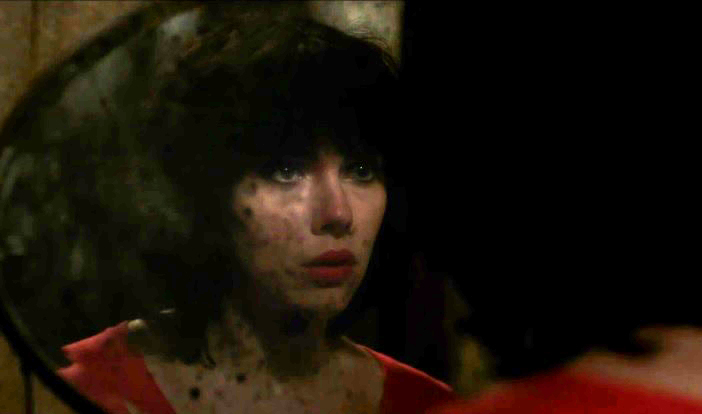
Quickly into Jonathan Glazer’s hypnotic and genre bending film do we realize that we must establish, analyze, and follow all that happens to these creatures, predominantly played Scarlett Johansson as an alien in search of a human body.
As the film unfolds in a haunting Kubrickian science fiction documentary in cinematic style, and fever dream, Johansson’s unnamed character learns about the human condition from the human beings she seduces and ultimately collects for her establishment.
From the entrapment of the fly, letting a deformed man free, and ultimately betraying her mission, she learns what humans do and how they function emotionally. Therefore, we have an alien finding a purpose by mirroring and learning from her fellow humans. Of course, things aren’t that easy when you’re essentially being hunted, witness a tragedy at the beach, and encounter animalistic men due to beauty along the way.
But in the end, Glazer invites and really hypnotizes us to show what human beings can do. And in flux, Johansson’s character must find a purpose in her quest and search for meaning or she will face eventual demise. It’s only until the film’s final scenes that we learn the hard truth about our nature.
7. Burning (2018) – The confusion of it all
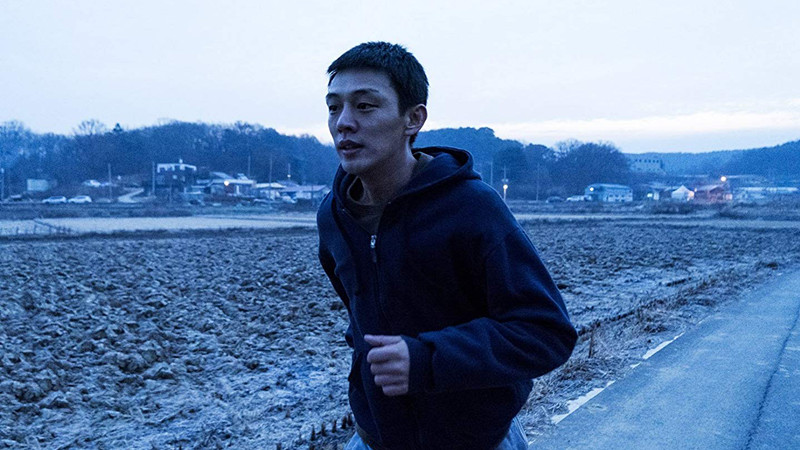
Possibly the most staggering, brutal and beautiful film that explores the ennui and confusion of being a young adult in the modern world. Lee Chang-dong’s return to cinema is nothing short of his previous brilliance of characters figuring out what to do in the midst of a troubling situation.
In the film, when Shin returns aboard from Nairobi with a Gatsby-like Ben, her friend, and kind of boyfriend Lee, doesn’t know what to make of the scene. As the film progresses and delves into a character-focused mystery amongst the urban and rural Korean landscape, we start to think about what is truly behind these characters. They are thrust into a situation, particularly Lee, and he obsessives over the outcome and what actually occurred when he wasn’t around. It becomes his main priority.
Sure, it can be labeled a psychological thriller, but his main focus in life is when Shin pops back into his void-filled life and when Ben is introduced into his. He didn’t have a purpose beforehand and he follows his obsessions, curiosity, and doubts no matter how dark or dangerous they may be.
In the end, his confusion and malaise of his youth take over because he has no purpose. Someone and something enters his life and he is sucked up into it with devastating results, proving he threw himself into the world without knowing the consequences or obtaining real answers, but discovering himself along the way.
6. Anomalisa (2015) – Purpose of individuality
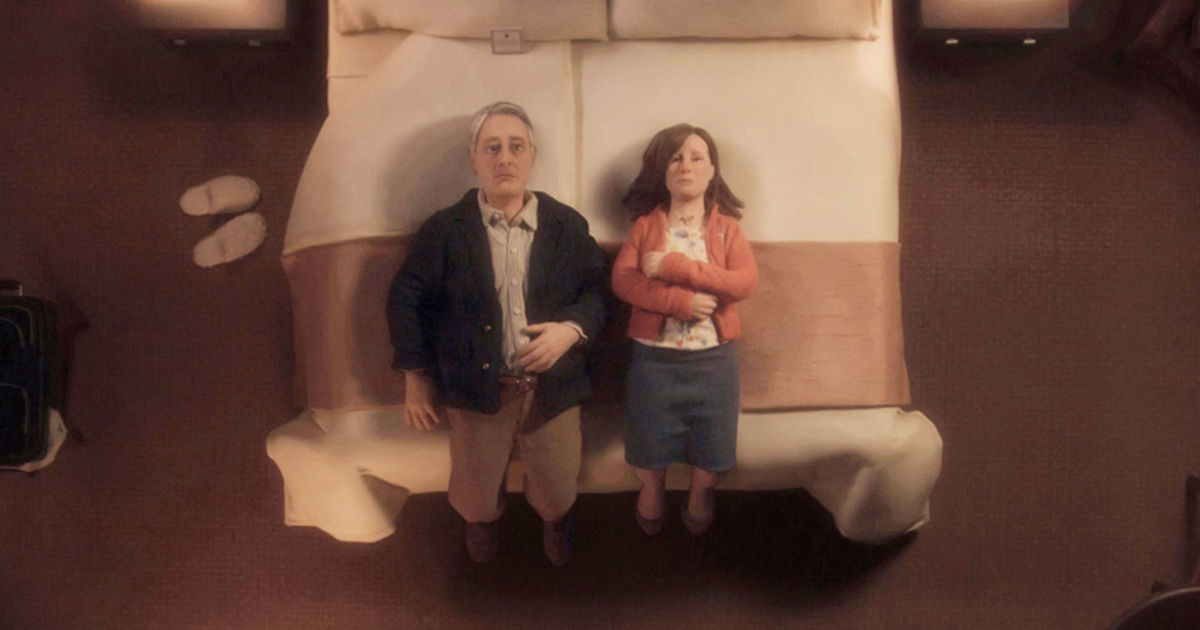
It might seem strange at first how a stop-motion animated film can capture how one man struggles with the day-to-day existence, but coming from the mind of Charlie Kaufman and co-director Duke Johnson, it makes complete sense. Adapting his audio play, written under Francis Fregoli, he explores many existentialist themes from the point of our main character, voiced by David Thewlis.
Taking course over a business weekend at the Fregoli Hotel in Cincinnati, Thewlis’s Michael Stone enters a Kafkaesque world where everybody looks and sounds the same (a la the Fregoli delusion). Immediately we sense Stone is searching for bigger answers in his mundane, run-of-the-mill work line while consisting of being a father and husband, but he is simply off.
Almost every encounter sounds and feels the same, adding to no real or new experiences; it’s all a blur to him until he meets a woman, voiced by Jennifer Jason Leigh, who sounds and looks different. Does he sense a new awakening? Thewlis’ Stone represents many middle-aged men and women performing routine tasks with no real purpose or intuition. Through Kaufman’s brilliant labyrinth and anomalies, he may have found a sense of purpose in this world through another human being.
Out of this experience, Stone can reawaken to his true life that he believes he has found, or learn from it and return home to his mundane existence. He simply must find his purpose as he awakens from his daydream.